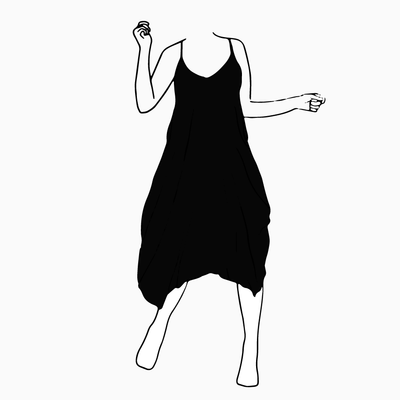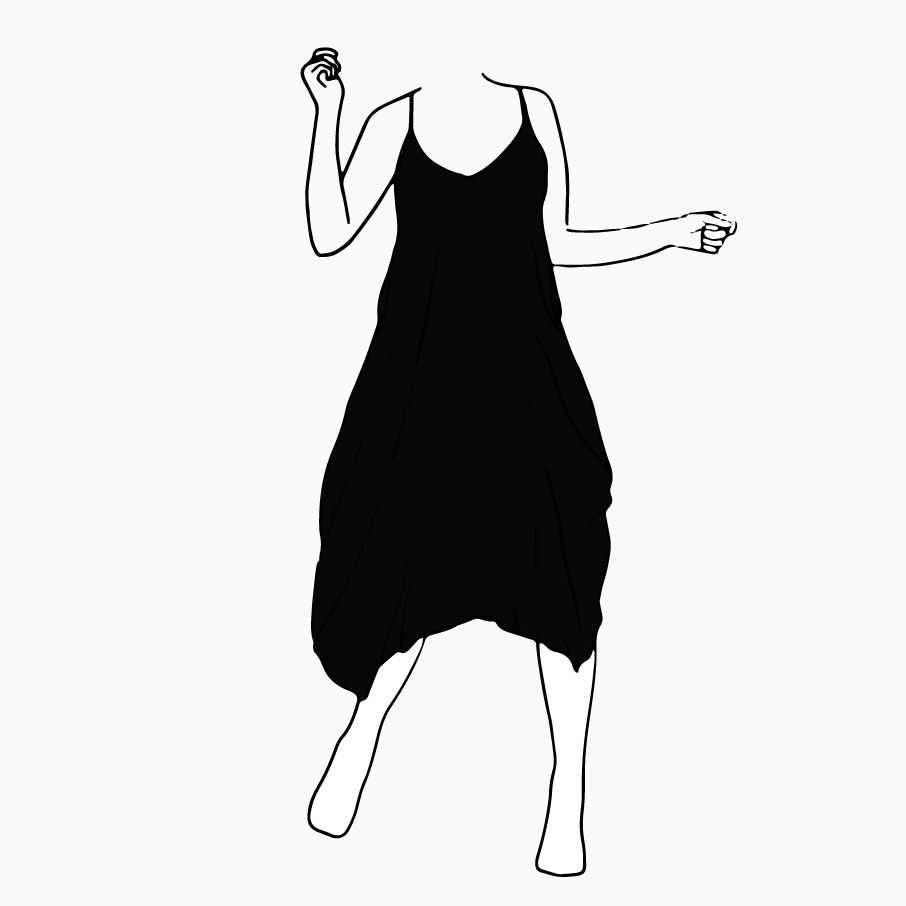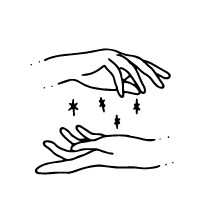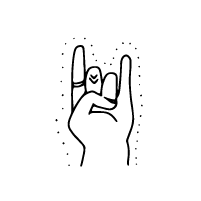The Tao Te Ching, also know as The Tao, was written by Lao Tzu, a Chinese philosopher. Tao means “the Path, or Road,” and is a philosophy of action in non-action. This philosophy has a great impact on all generations because it presents a way to live peacefully.
Lao Tzu lived in the 6th Century, a period known as the Axial Age. The 6th century an important time in human history. This period saw the emergence of five major thought streams springing from five great thinkers in different parts of the world: Buddha and Mahavira in India, Zoroaster in Persia, Pythagoras in Greece, and Confucius in China.
There are several differing points of view as to how and why the Tao came about. One theory is that it was written as a handbook for Emperors to teach people how to act and behave in a peaceful way. Another sees it as a treatise on military strategy to teach people how to fight. But perhaps the most important view is that of its author. According to Lao Tzu it is about three things he wished to teach: simplicity, patience, and compassion.
The Tao speaks of the philosophy and nature of life. Lao Tzu’s belief was that the Dao naturally existed before all things in the universe. To quote the great man, “There was something formless and perfect before the universe was born. Eternally present. It is the mother of the universe. I call it the Tao”.
The Tao purports that people don’t need laws and regulations, that humans are naturally good. But laws and regulations have altered these beliefs. The Tao is meant to bring people back to the Path, and through simplicity and patience and compassion, help to keep them on the Way.
The Chinese have a toast, “May you not live in interesting times.” In today’s too interesting times, we may all benefit from returning to, and embracing a Taoist way of being.
































Leave a comment
This site is protected by hCaptcha and the hCaptcha Privacy Policy and Terms of Service apply.